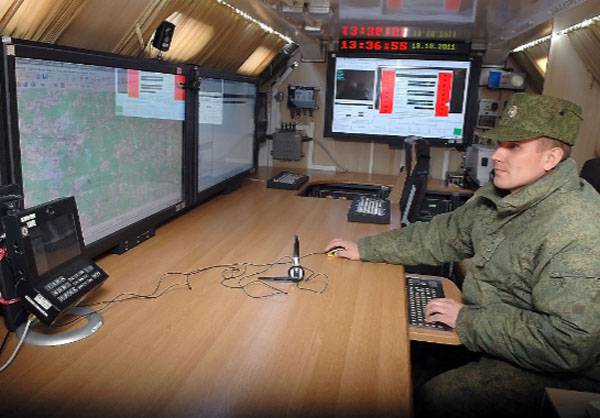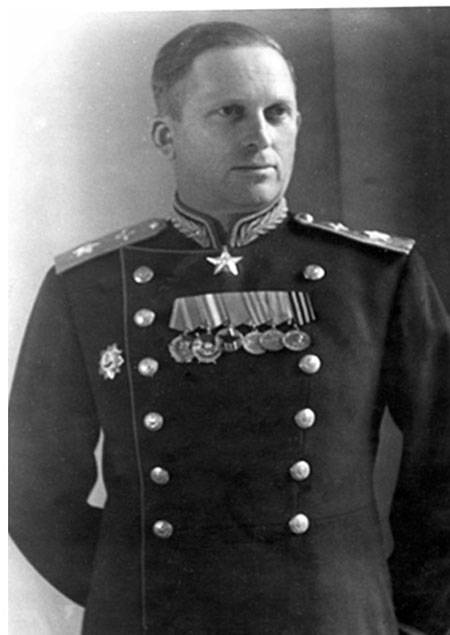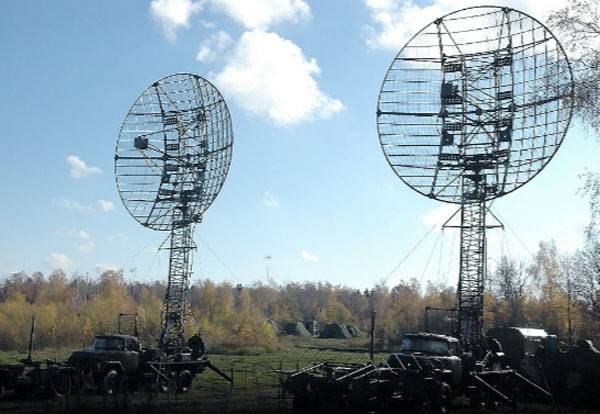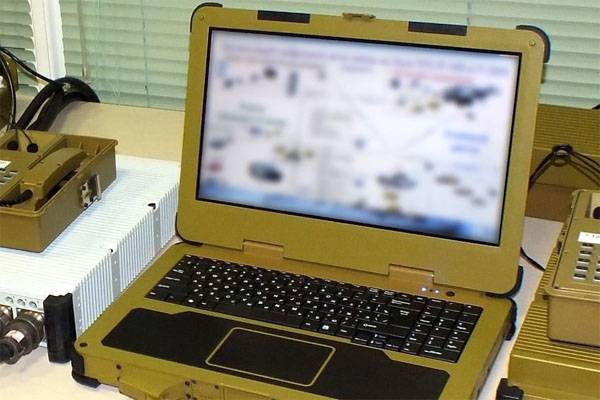October 20 - Military Communications Day

The date for the celebration of the Telecommunications Day was chosen on the basis of the fact that it was 20 of October 1919 of the year that special communication troops were created in Soviet Russia. It is about the creation, by order of the Revolutionary Military Council, of a centralized military communications management, which was defined as strategically important in the context of the civil war and foreign military intervention. The military communications service was allocated to the secret service staffs, and the troops themselves - to independent military units within the Workers 'and Peasants' Red Army.
The holiday itself in the new calendar of important dates of the Armed Forces of the Russian Federation appeared on the basis of presidential decree No. 549 of 31 in May 2006 of the year.
Military communications of Soviet Russia, the USSR and the Russian Federation took part in all wars and armed conflicts in which the Armed Forces of the Fatherland were involved. One of the most difficult trials is the Great Patriotic War, the feat of military communications in which it is impossible to overestimate.
As a result of the first strikes of the German fascist troops, communications at various levels and purposes were partially broken. Frequently, the command did not have information on the state of affairs on one or another sector of the front, which actually undermined the foundation for developing an effective plan of operation. The expansion of the occupation zone of the USSR led to the loss of the existing communication systems. So, by December 1941, the length of the telephone and telegraph lines of the all-Union value had decreased by more than a third. The number of telegraph devices operated by the USSR was reduced by at least 40%.
All the forces and means of military communications were sent to restore communication lines. According to the decision of the command in the USSR, 10 repair and recovery battalions for 750 people each were created for the three existing line communications battalions. Highly qualified specialists from the Military Academy of Communications, the Moscow Institute of Communications Engineers, the Central Research Institute of Communications and other specialized technical universities and research laboratories were called to serve in the communications troops.
Military communications workers sometimes restored their broken channels at the price of their own lives, and also created new lines for the exchange of information. In a very short time, communication lines were laid from Moscow to Leningrad - via Ladoga. This line made it possible to maintain contact with the blockade city and to clarify the probable possibilities of bringing food, ammunition, and planning operations. During the war, a line of communication from Stalingrad to Nevinnomyssk, which passed through the territory of Kalmykia, appeared.
In a short time, special units were formed and prepared to provide communications in the “Bet - Front” link. In addition, the lines in the “army-corps-division” link were served. By the summer of 1942, the front commanders were provided with personal radio stations, which were used during the departure of the troops.
A truly huge contribution to the development of the signal troops, as well as the technological base for their activities during the Great Patriotic War, was made by the legendary People's Commissar of Communications of the USSR (1939-1944) Ivan Terentyevich Peresypkin (1941-1944 - part-time Deputy People's Commissar of Defense of the USSR). Prior to his appointment to the post of People's Commissar, Ivan Peresypkin served as deputy head of the Communications Directorate of the Red Army.

Ivan Terentyevich is not a staff official at all. During his time in the post of communications commissar during the war, he directly participated in virtually all of its major battles: from the battle for Moscow and the Battle of Stalingrad to the battles for the liberation of Ukraine, Belarus and the Baltic States from the Nazis. Ivan Peresypkin traveled to the front at least 20 times, as evidenced by military archives. He became the first in stories USSR Marshal of the communications forces. Ivan Terentyevich was awarded the Order of Lenin by 4, the Order of the Red Banner by 2, the Order of the October Revolution, the Order of the Red Star, the Order of Kutuzov of the 1 degree and other orders and medals, including foreign ones.
Today, communications troops are the most important element of the control of the Armed Forces. The state of the communication lines provided by the military personnel of the troops largely determines the efficiency of command and control of the troops and the timeliness of making major decisions, including decisions on the engagement of various types of weapons.

Military communications play a huge role in the course of assisting the Syrian army in the fight against international terrorism. On the eve of the signalman’s day, Chief of the General Staff of the Russian Armed Forces, Army General Valery Gerasimov, said that Russia will redirect part of the space reconnaissance equipment to Iraqi Mosul, in the region of which the situation is developing, allowing ISIS militants (prohibited in Russia) to advance to the Syrian border and cross it. To monitor the situation at Mosul, the Armed Forces will also use unmanned aerial vehicles, which will transmit information to the Coordination Center. This information will allow the Russian Aerospace Forces to identify in a timely manner the locations of militants heading from Mosul across Syrian territory, and destroy them until they have time to settle in a relatively large city.
The military personnel of the communications troops to ensure the security of the borders of the Russian Federation conduct their daily activities. The troops receive new equipment that allows them to effectively solve problems of information exchange. October 19 announced the start of work in the Armed Forces of the Russian Federation "military" Internet. This is a specially protected computer network, called the "Closed data segment." The segment is distinguished by the fact that it does not commute with a regular global network and is reliably protected from connecting disks that are not certified in the system.

“Military Review” on this day congratulates all military communications officers of Russia and veterans of the liaison forces on their professional holiday!
Information